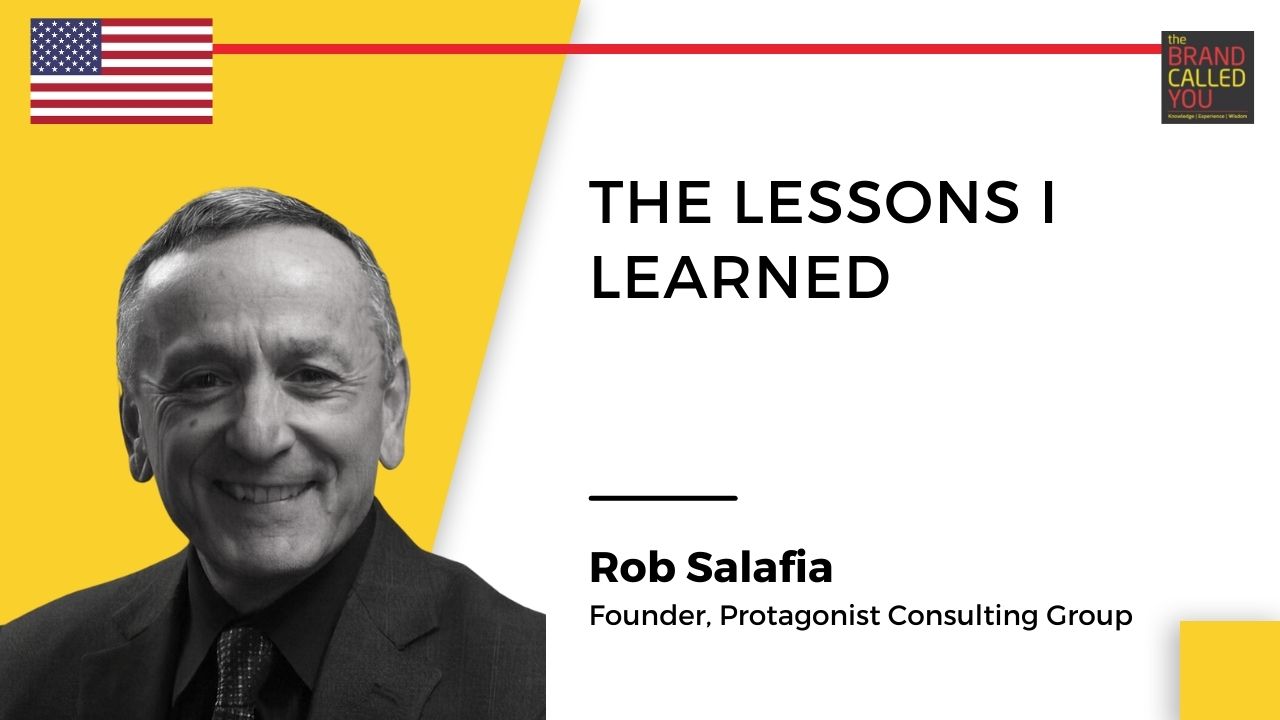Rob Salafia, Founder, Protagonist Consulting Group
Rob is an authority on executive presence and transformative learning experiences. He combines two decades of experience as a top leadership development executive with a successful career in the performing arts.
Podcast
Podcast: Play in new window | Download
Follow TBCY RSS
Overview
This episode is about a man who did whatever he felt right at that moment. The story started when a school student decided to go to Kathmandu from the US to learn about different cultures.
What happened next? We have the details for you!
Our guest for today Mr. Rob Salafia is the founder of the Protagonist Consulting Group. He is a keynote speaker. He teaches at MIT Sloan School of Management. He used to be a performing artist in the first half of his career. He has written a book called ‘Leading From Your Best Self: Develop Executive Poise, Presence and Influence to Maximize your Potential’.
He has worked as a theatre artist for a very long time. This profession made him perform on the streets of Boston too. Now he is in a completely different profession, but he doesn’t feel like he has wasted 15 years of his life working as a performing artist. Infact, he believes those years to be learning years and integrates what he learnt there into his current profession. To know how he does that, read the text below.
Rob’s journey as a performing artist
Rob tells us that while he was in junior school, he used to study Geography as a major subject. While he was studying about Nepal and other areas he was fascinated and visited Kathmandu and nearby places. He stayed there for four months and learned a lot about the religions in practice there. He tells us that when he went back to his home, he found himself not being able to adjust with the culture and moved out to become a theatre artist. He used to perform on the streets of the Boston marketplace. There he learnt how to engage the audience and how to make them participate in the performance. This experience of his life helped him to become a leader and an executive coach.
He tells us that one of the major qualities of an executive coach is his presence and the skill of presenting oneself, body language, sending a message without saying anything, perfect pitch of voice etc. is something he learnt from his experience as a performing artist.
What made Rob shift his career from a performing artist to an executive coach?
Rob was 20 years old when he started his career as a performing artist. 15 years later, he understood that theatre wasn’t the thing he wanted to do all his life. He wanted more. He realised that he had a love for learning and teaching. He wanted to transfer his skills to other people. At the age of 35, he enrolled in the Boston University, got his training as a rehab counselor, did Masters in Business, started to teach corporate training around the campus etc. He proudly tells us that after 5 years, he has an enormous skill set. He was willing to develop talent. One of his friends helped him get into a company that used theater based methods for teaching leadership development. He worked there for 12 years. He felt like he found his place.
The growing importance of coaching in the new world
Rob believes that coaching helps people grow. It helps them create a better environment. He says that the person being coached is on a journey of change and those changes happen gradually and everybody reacts to those changes in their own way.
Rob’s views on the younger generation inheriting the world and the areas they need to be coached in
On being asked about his views on the younger generation inheriting the world and the areas they need to be coached in, Rob replies that the younger generation is fast in learning and they are also growing up very fast. Many of them have achieved much before even turning 30 that they sometimes feel that they lack the purpose of working. There Rob helps them search for things that have more meaning and purpose. He helps them dig inside and find out what they really want to do and what changes they want to bring to the world. He says that he does that with everybody but the process with the younger generation is more dramatic.


